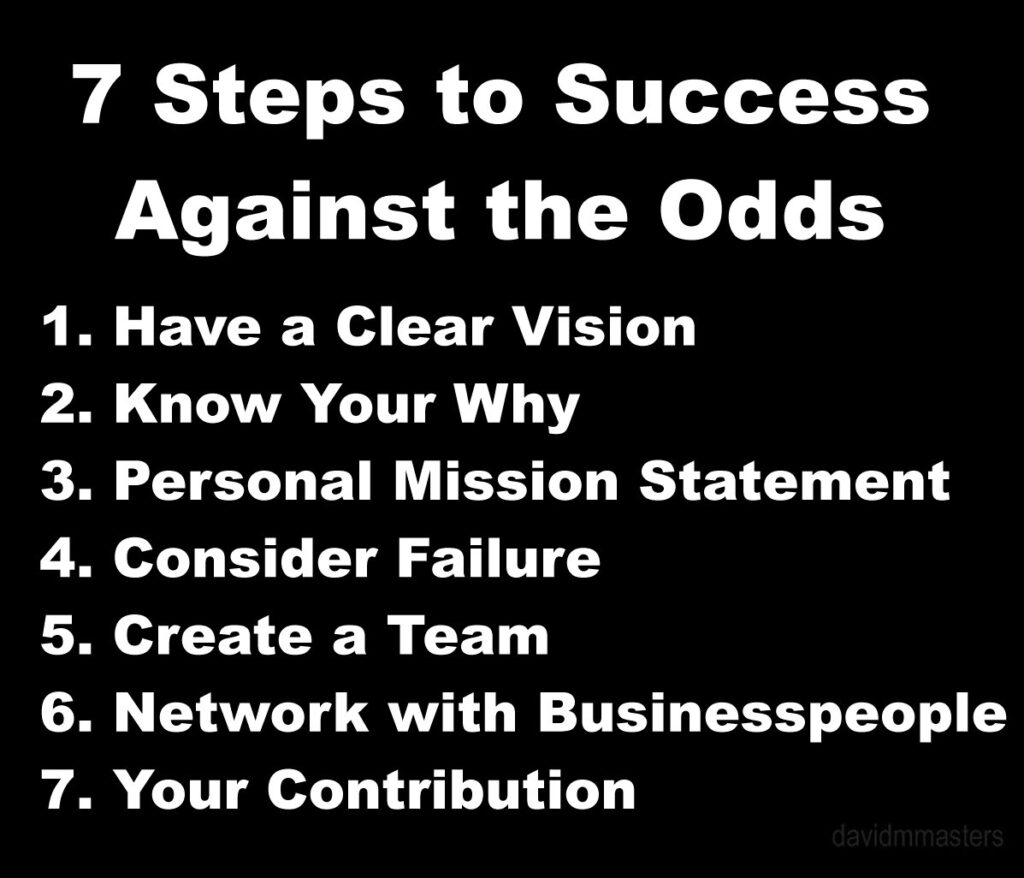You know that thing that you love to do? The thing that you would do when you have some free time? That thing that you enjoy doing and you see time just fly away when you are doing it? What if you could make money doing it? You could join others who learned how to turn your hobby into a business.

What if the money you could make from your hobby was many times what you would make working a regular job? Many people are doing just that, right now, turning their hobbies into wealth-generating machines and having so much fun doing it.
Most people think that making an incredible income doing something you love so much is just not possible. Anything is possible if you know how to turn your hobby into a business.
You might have a hobby that you love to do in your free time, like archery, playing guitar, web site design, woodworking, painting, baking, interior design, landscaping, quilting, dog training, or horse riding, just to name a few.
Why don’t more people take the steps necessary to make a business out of their favorite hobbies? The two biggest reasons are fear and unworthiness. Mostly fear of failure and unworthiness, such as not feeling as though you are qualified enough, do not have a teaching certificate, not formally educated, or any of the other things your negative self is whispering in your ear.
Maybe that would dissuade the average Joe or Jane to avoid pursuing such a dream, but not you. You got this.
Start from the start and create a plan that will account for taking you from ground zero to where you want to ultimately be in your wildest dreams. Your plan should include a starting point where you provide your product or service in exchange for cash part-time. If you are going to self-finance make sure it includes a method of handling finances in such a way as to be able to continually expand your business so that you can serve more people.
And the end of your plan, include a vision of your hobby as a massively successful business, and what you are going to do with it. Will you sell it? Or pass it onto your heirs? Write it down.
Do not take this too seriously nor let the details keep you from moving forward. Your plan is not written in stone and is subject to change along the way.
Sell Your Product or Service
Your dream does not actually start until someone has paid you for our product or service. The first sale is the hardest, then it is downhill from there. If you are just getting started, you may have to offer a free trial to gain interest in your offering.
If you are selling a product, you will need to place some advertising in inexpensive classified ads or use Internet resources, such as online stores or social media.
This is when you start selling your product or service and grow your sales exponentially.
Manage Yourself
Essentially you are your own boss, and there is an incredible amount of freedom you can gain from being the boss of you but remember this is not a hobby anymore It is time to put your hand to the plow. No one is going to keep you accountable but yourself.
Make time to grow your hobby into a business even if it means getting up before the crack of dawn or working on your dream into the late hours of the night, if necessary.
Web Presence
If you are going to do business in today’s marketplace you need to have an online presence. This is the least expensive and most effective method to build your brand and identity. To start off, you will need a web site.
Go to GoDaddy and buy a (insert-name-of-your-hobby-business-name-with-no-spaces) dot com. Keep in mind that if your first choice is not available, GoDaddy will recommend alternatives to dot-coms. Don’t fall for it. Dot-coms are the preference, and people will type “.com” simply out of reflex, and you don’t want to send your traffic to someone else’s web site.
GoDaddy will give you a free limited website, which is good enough to get you started, or you can install and use a WordPress-powered website. They are easy to figure out, and they are nearly limitless in the things that you can do with them. If setting up your web site seems too complicated and you are not able to figure it out, you can find someone to do this for you.
People will need a way to find your contact information and the first place they look these days is online, so if you expect to be found by anyone you must be there.
Once you have your dot-com and basic website in place, you can expand into branded social media, like Facebook, Twitter, Instagram, and YouTube (yes, post videos about you and your product or service). These are the places where your audience is spending their time, and you can hang out there for free. Of course, advertising on these platforms is also an option.
Word of Mouth
The most truly organic method of promoting your business is word of mouth. That means as a new hobby-business owner you will need to get out there and talk about what you do. To effectively communicate what you do in any situation, you need to have your 30-second elevator speech down pat.
That means having a script that spells out your story in 80 to 90 words only. Your elevator pitch tells who you are, what you do, and why people need or want what you do in half-a-minute. Once you have this memorized you can maximize your exposure to anyone you come across in no time (well, in less than a minute).
Write it, memorize it, practice it, and change your elevator speech as often as necessary. Next, you will need to get out there, where your potential clients might be in the real world, and when you are not where your people might be, connect with other business owners, go to meetings where they are at, join associations and clubs, and get to know them.
You will be surprised by how supportive business owners to other business owners with whom they are acquainted. They can help you build your business from the inside out by giving advice, and may even participate in a promotional effort with you, if they like you (so please try to be likable). If you haven’t read it already, get and read the classic book, “How to win Friends & Influence People” by Dale Carnegie.
Be Diligent
Being diligent means you are taking this seriously. You are going to treat this business, even though it is based on a hobby, just like a real business. That means, doing the work, just as though someone else was paying you to do it. Even though you may not be being paid in the beginning you are building sweat equity which will allow you to reap financial rewards in the future.
This is how you will build your hobby into a business that will free you from your day job, or having to compromise your life by bowing down to an employer who doesn’t truly appreciate you and everything you could potentially give to the employer or the world.
Ince you have achieved a certain degree of success with your hobby, you may be looking for other opportunities to build other businesses as well.
It is Never Over
For most business owners, it is never over. One successful business is not satisfactory enough, plus you never know when the bottom might fall out of your hobby, and people just don’t want to do that anymore.
Diversification, having more than one business, will help protect you from the ups and downs of running a business, especially if you have a business that is seasonal. Having an anti-cyclical business as well, one that is also seasonal but is busy during the slow times of your hobby business is your key to true independence.
Keep doing your research, learning new skills, and expanding your knowledgebase.










